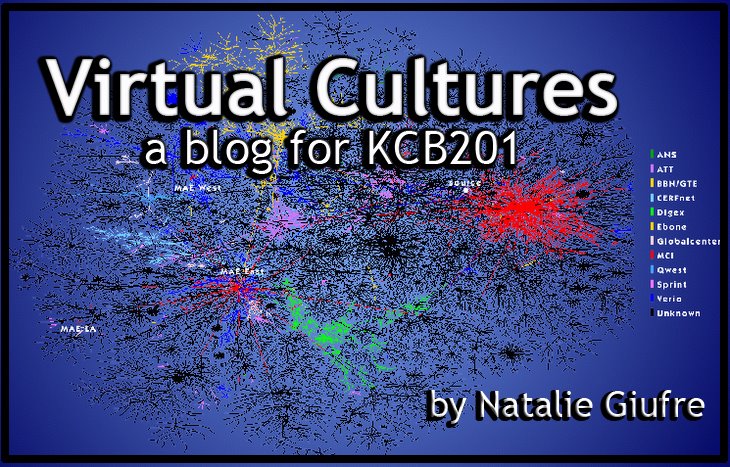Terry Flew frequently refers to continuing technological changes and his analysis on the influences they bring to a culture within a society gives answers as to why multitudes of users are drawn to participate in online communities. In his writings regarding technological convergence and virtual communities, he notes that "the tendency of many Internet users is not to passionately commit themselves to single online communities, but rather to participate in a multitude of such communities" (2005, p. 68).
The many characteristics that online communities possess such as flexibility, immediacy and low-barriers to entry, are key driving factors behind the success and permeation of online communities into a person's life. This, coupled by the fact that audiences can select and become part of groups and communities which are relevant to them, means that the desire to belong to multiple online communities is often experienced. The Official Weblog of Henry Jenkins gives many examples of how online communities are becoming central to problem solving, sharing ideas and managing resources through the collaboration of like-minded individuals.
Examples of online communities which have grown to have worldwide recognition are:





2 comments:
Very interested to read the different approach you have taken to answering the question at hand, focusing on users' tendancy to belong to multiple communities. Do you think that this is due to a desire to be widely accepted by a variety of different groups and people? Or perhaps that users are becoming bored easily?
I also agree that there are many characteristics of online communities that may draw users to them, such as, the ability to collaborate with others with similar interests, the ability to fit in and form relationships that are perhaps not subject to as much judgement as those communities in the "real world", and the ability to participate in online communities whenever time allows.
Perhaps the number one reason why online communities, such as those you provided(FriendsterLive, Facebook, and MySpace)have grown to become so popular is that they provide a place for social interaction that has so few boundaries. The users can make the rules. There are no authoritative figures telling people what they can and cannot do and how they can interact. People are allowed to interact with whomever they want, whenever they want, and however they like.
Additionally, I think people are much more open to opinion and more willing to accept others' points of view when they are expressed in online communities.
Post a Comment